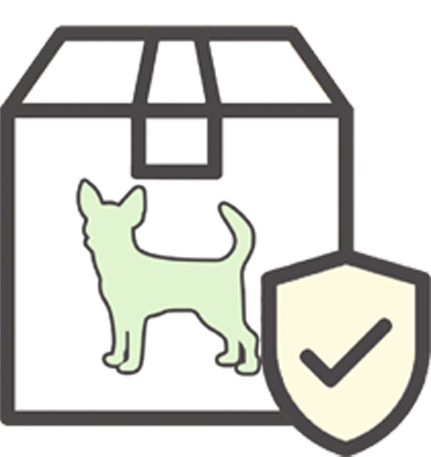Little Dog Syndrome: Are Small Dogs Meaner?
Updated On: Friday, September 8, 2023 13:21:53 PM America/Los_Angeles
You’ve probably seen yappy small dogs getting feisty with anyone who dares come near. In fact, you’ve likely seen this many, many times. This common behavior has led many people to think that small dogs are just naturally brattier, meaner creatures. But is that really the case? Well, the good news is that little dogs aren’t naturally bad and those stereotypical behaviors are entirely preventable!
Photo by Jairo Alzate
What Is Small Dog Syndrome?
Small dog syndrome is the name for a set of behaviors commonly exhibited by small dogs. The behaviors include aggression, hyperactivity, and anxiety. Though it may be true that smaller animals may feel threatened by larger ones, it’s equally true that training and socialization can easily remedy the feelings that fuel territorialism, jealousy, and separation anxiety.
So, are small dogs naturally more aggressive? While some smaller doggos may indeed feel threatened by other canines due to their petite stature, a properly trained and socialized dog is unlikely to be aggressive no matter their size.
Why Do Some Small Dogs Misbehave?
The #1 reason that dogs exhibit small dog syndrome is because they aren’t properly trained or socialized. Many dog pawrents innocently assume that smaller dogs don’t need to be fully trained because they’re more manageable and less dangerous. But of course, all dogs require proper training and socialization to lead happy and healthy lives. Socializing, for instance, can reduce aggression because it teaches dogs that other canines aren’t a threat. Seeing other dogs as potential fur-rends can minimize territorial aggression and jealous behaviors.
How Do You Fix Small Dog Syndrome?
- Allow your dog to be independent. Helping your furry one become independent helps them to face their fears and learn new skills. For example, instead of picking up a small dog and carrying them to the pet potty, guide and encourage them to engage in appropriate potty training behavior as you would with a larger dog. You might even consider a real grass pee pad like DoggieLawn, which can feel more intuitive to use for stubborn pups.
- Don’t forget to reward your dog! It’s easy to get cranky when your fur baby is hell-bent on behaving badly. But providing praise and rewards when they finally do decide to behave is crucial. Doggos–even the little ones–learn better with positive reinforcement. Offer a tasty treat to let them know which behaviors are acceptable and which are not.
- Use a leash. A leash isn’t just about control. Think of a leash as a line of communication that helps signal messages about the environment that you and your pooch are in together. Keeping a leash loose can reassure your dog that all is good and clear. Conversely, a tight lease might suggest inappropriate behavior, but it can also communicate potential danger. As you and your doggo develop a rapport with leashes, it provides reassurance that you are there to support and protect them. In turn, this can reduce aggressive behavior that they might typically exhibit when feeling defensive.



